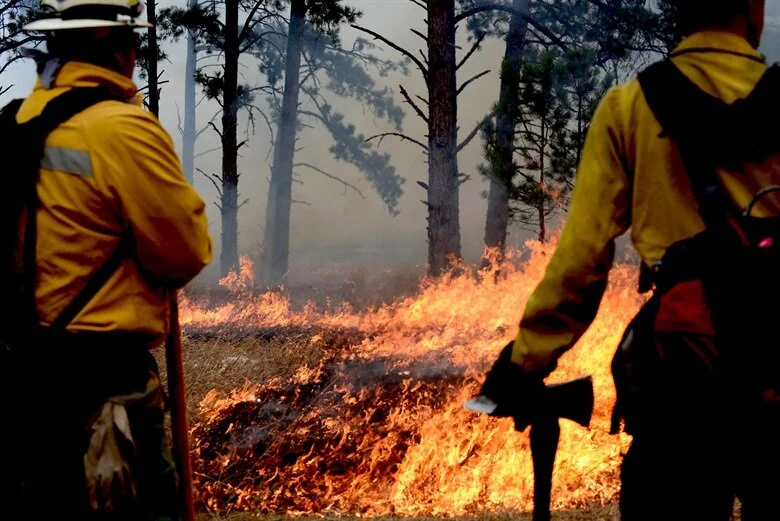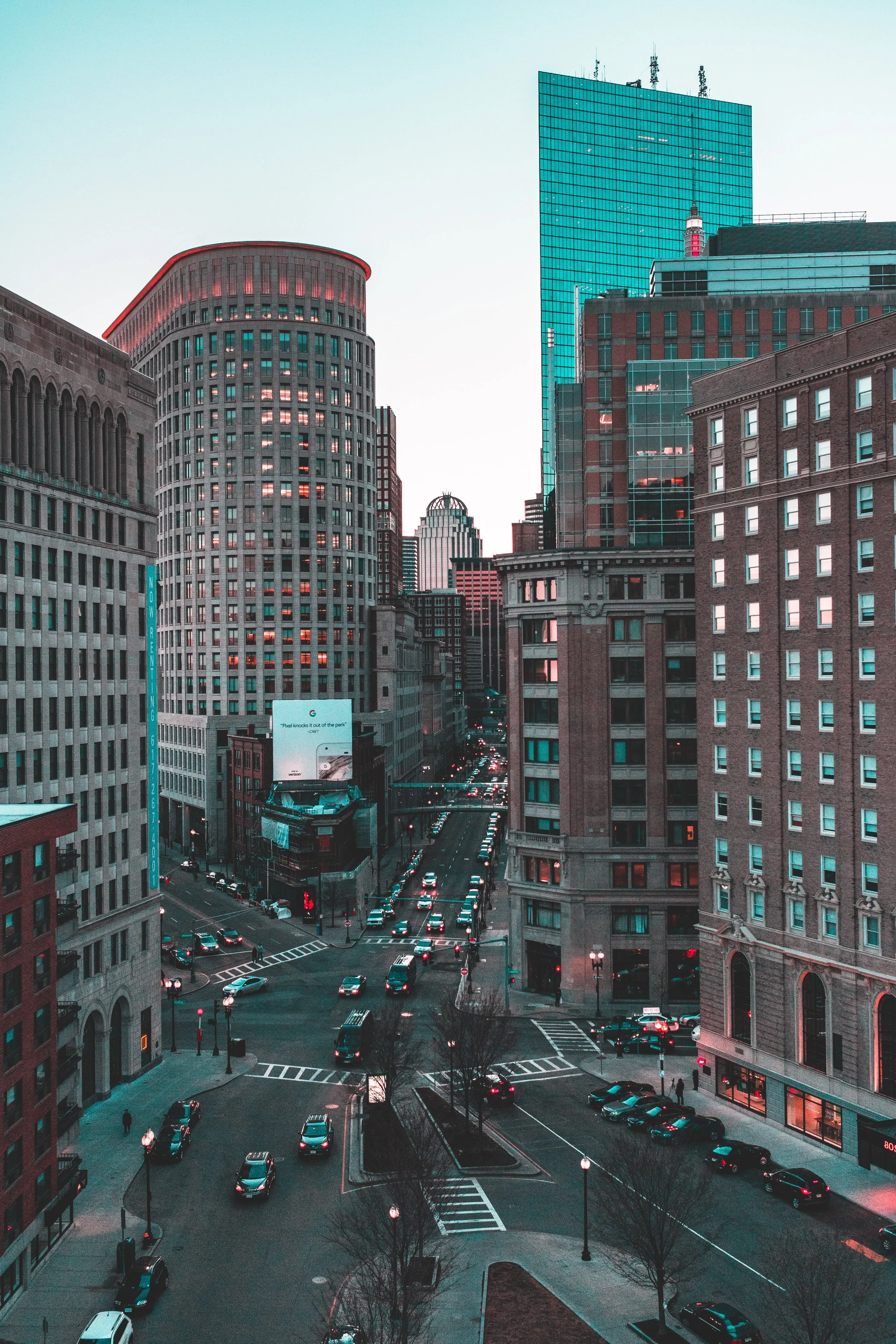Sure, it’s all well and good to talk about ending parking minimums. But what about doing it in ultra-car-dependent Los Angeles?
Read MoreAs Strong Towns member Brandon Schielack researched how to support rural entrepreneurs, he discovered an opportunity that he’d later transform into a product for rural communities across North America: institutions, such as schools or nonprofit organization, still sold product produced outside the community for their local fundraisers.
Read MoreCalifornia’s recent wildfires have ignited a conversation about whether the suburban experiment has put too many Golden State residents at risk. But this expert says it may not be so simple.
Read MoreBuilding a Strong Town will require people who can lead with humility, creativity, and intelligence. We needed someone to write a book for these kinds of leaders. Now someone has.
Read MoreDo the new guidelines go too far, not far enough, or are they just right (for now)?
Read MoreWhen its only supermarket pulled out, a neighborhood suddenly found themselves living in a “food desert.” Could it end up being a blessing in disguise?
Read MoreThe Strong Towns message is making a difference—perhaps especially with the up-and-coming generation of professionals whose work will shape our built environment. Find out how from these members who are current planning, civil engineering, and public policy students.
Read MoreKansas City has more freeway lane miles per capita than any other city in the country…and possibly the world. Can a city so devoted to edge development for the last 60 years pursue a more fiscally responsible approach to development? There are reasons to be hopeful.
Read MoreMedina, Washington is struggling to pay its bills. How can this be? And what does it mean for towns and cities that don’t have the two richest people in the world living there?
Read MoreSpoiler: it doesn’t look like more police stations, more top-down programs, or more incarceration.
Read MoreWe need each other. Whether we live in a small town, dense city, or sprawling suburb, we can’t do life alone…or at least not well. How do we resist fragmentation and find the wholeness and community we need to really thrive?
Read MoreMelody Warnick has written an essential book on the topic of place attachment, the bond that can be cultivated between a person and his or her community. She joined us for a special Celebrity Ask Strong Towns, where you got to ask your questions. Here’s a video of that conversation.
Read MoreAtlanta is one of the fastest gentrifying cities in the country. King Williams, an Atlanta-based writer and documentary filmmaker, describes what makes that city’s experience with gentrification unique, why gentrification is avoidable, and why Atlanta’s middle-class is now facing displacement too.
Read MoreNew York’s newest BRT line is being called the “Miracle on 14th Street.” But why is it so miraculous?
Read MoreOne of our heroes here at Strong Towns has helped pioneer a simple but powerful process for building neighborhood wealth and strengthening community ties. This approach is absolutely transforming his city of Oswego, New York. We think you should copy it.
Read MoreThink small acts of neighborliness mean nothing more than signs of a welcoming neighborhood? Discover how Strong Towns contributor Steve MacDouell introduced “micro-neighborliness” to shift the morale of residents in neighborhoods across London, Ontario.
Read MoreBuilding stronger towns isn’t just about planning, engineering and development. We need to address questions about cultivating rich and abundant lives in our neighborhoods. How do we live out our values when so much of the built environment seems to be working against us?
Read MoreStrong Towns believes towns need to be obsessive about their revenues. But does that really mean building more revenue-generating prison centers?
Read MoreVisit the Hyde Park neighborhood in South Los Angeles and you’ll find the usual culprits of a food desert, such as fast-food chains and gas stations. But enter Kelli Jackson’s corner store—Hank’s Mini Market—and you’ll discover how cities can address food deserts without forgoing future tax revenue.
Read MoreJames Howard Kunstler discusses why people are afraid of change, why technology won’t save us, and how to live well (by living small) amidst “the Long Emergency.”
Read More



















